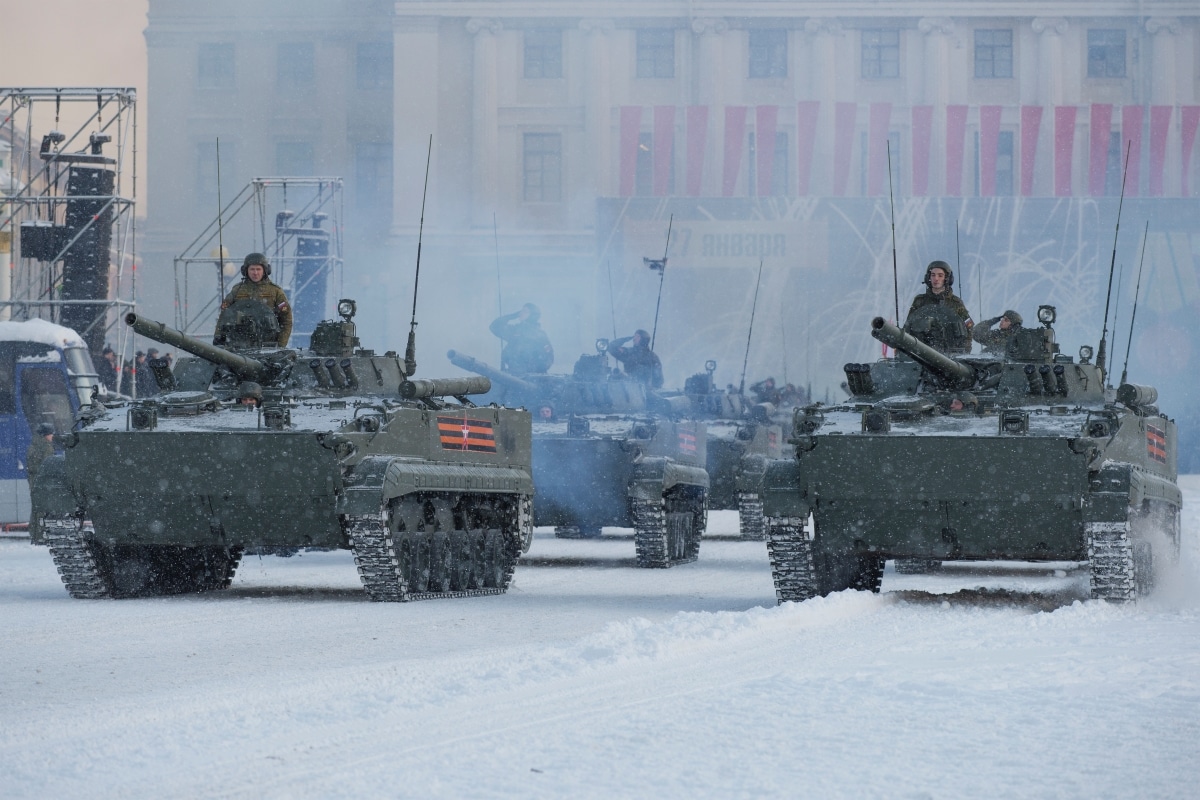Republican Army also claimed responsibility for that attack, although the Russian authorities accused the Ukrainian secret services of being behind it, which Kyiv flatly denied.
The recent explosion at a cafe in St. Petersburg, in which Russian war journalist Vladlen Tatarsky was killed, has sparked a flurry of accusations and finger-pointing from both Russian and Ukrainian authorities. The National Anti-Terrorist Committee in Moscow claimed that the bombing was “planned by Ukrainian special services” and accused Darya Trepova, an active supporter of jailed Russian opposition leader Alexei Navalny, of being involved in the attack. Trepova, who has been arrested on suspicion of involvement, has confessed to bringing the statuette bomb that exploded inside the cafe but has refused to reveal who gave it to her.
Tatarsky, who had more than 560,000 subscribers on his Telegram channel, was posthumously entered into the roster of the private military company Wagner Group, which he had reportedly worked with and promoted its efforts to help with the Russian military operation in Ukraine.
The National Republican Army (NRA), a group created by Russian rebels opposed to the Kremlin, claimed responsibility for the bombing that killed Tatarsky on Sunday. The NRA described Tatarsky, whose real name was Maxim Fomin, as an “instigator and propagandist of war, and a war criminal”. They also claim that the cafe where the explosion occurred is owned by the head of the Wagner Group, Yevgeny Prigozhin, who they describe as “one of the most famous Russian bandits”.
Russian authorities blamed the Ukrainian secret services for the bombing, claiming they used people close to the illegal Anti-Corruption Fund (FBK) of Alexei Navalny for the attack. Trepova, who is an “active supporter” of the FBK, was accused of being involved in the plot. However, Navalny’s associate Ivan Zhdanov warned that authorities could be pushing false allegations of involvement in the attack by supporters of the opposition leader to set the stage for another trial that would extend his prison term.
The bombing has highlighted the ongoing tensions and internal turmoil within Russia, with Ukrainian presidential adviser Mykhailo Podolyak calling it a result of infighting in Russia. Podolyak also pointed to Russia’s increasing isolation, the rise of espionage cases, and an increase in political repression as evidence of the country “returning to the Soviet classics”.
The murder of Tatarsky is reminiscent of the bomb attack that killed Darya Dugin, daughter of ultranationalist intellectual Alexandr Dugin, in August 2022. The National






